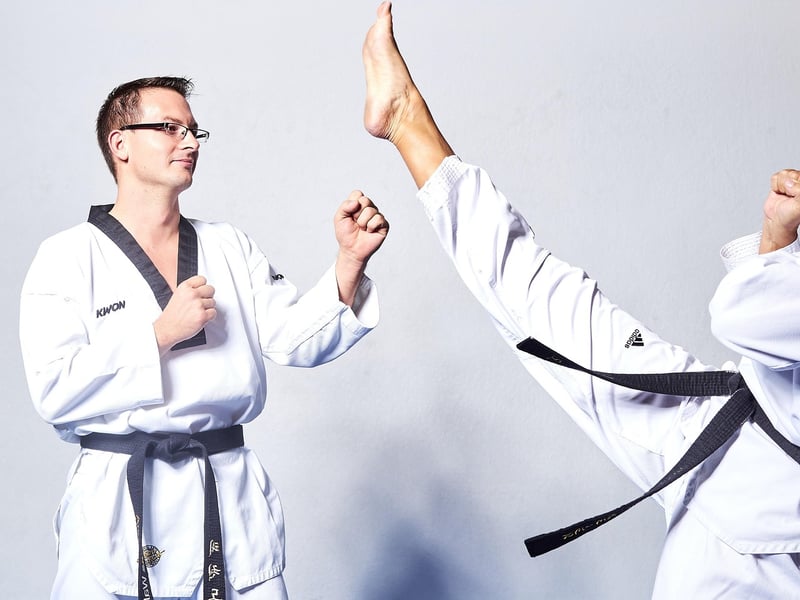Taekwondo
The Importance of Self-Defense and Discipline in Taekwondo
Taekwondo is not just a martial art; it's a way of life that instills values such as self-defense and discipline in its practitioners. These two elements are crucial components of Taekwondo training, shaping not only physical abilities but also mental fortitude.
Self-Defense in Taekwondo
Self-defense is a fundamental aspect of Taekwondo. Practitioners learn various techniques to protect themselves in real-life situations. Through consistent training, students develop the skills and confidence to defend against potential threats effectively.
It's essential to understand that self-defense in Taekwondo goes beyond physical techniques. It also encompasses situational awareness, conflict de-escalation, and the ability to assess and respond to danger calmly and swiftly. By practicing self-defense in Taekwondo, individuals not only learn how to protect themselves but also gain the confidence to navigate challenging situations with composure.
The Role of Discipline in Taekwondo
Discipline is at the core of Taekwondo practice. Through structured training, students cultivate self-discipline, focus, and perseverance. The rigorous nature of Taekwondo training teaches individuals the importance of commitment and hard work in achieving their goals.
Discipline in Taekwondo extends beyond the dojang (training hall) into everyday life. Practitioners learn to apply the principles of discipline, such as respect for oneself and others, integrity, and self-control, in all aspects of their lives. This holistic approach to discipline helps individuals become better-rounded individuals both on and off the mat.
Benefits of Integrating Self-Defense and Discipline in Taekwondo
By combining self-defense training with discipline in Taekwondo, practitioners experience a range of benefits, including:
- Improved physical fitness and coordination
- Enhanced self-confidence and self-esteem
- Greater mental resilience and focus
- Development of respect and humility
- Ability to handle stress and adversity effectively
These benefits extend far beyond the physical aspect of Taekwondo, contributing to personal growth and overall well-being.
Conclusion
Self-defense and discipline are integral components of Taekwondo that not only empower individuals to protect themselves but also foster mental strength and character development. Through dedicated practice and adherence to the principles of self-defense and discipline, Taekwondo practitioners embark on a journey of self-improvement that transcends the boundaries of the martial art.

Whether you are a beginner or an experienced martial artist, embracing the values of self-defense and discipline in Taekwondo can lead to a transformative and enriching experience both on and off the mat.
